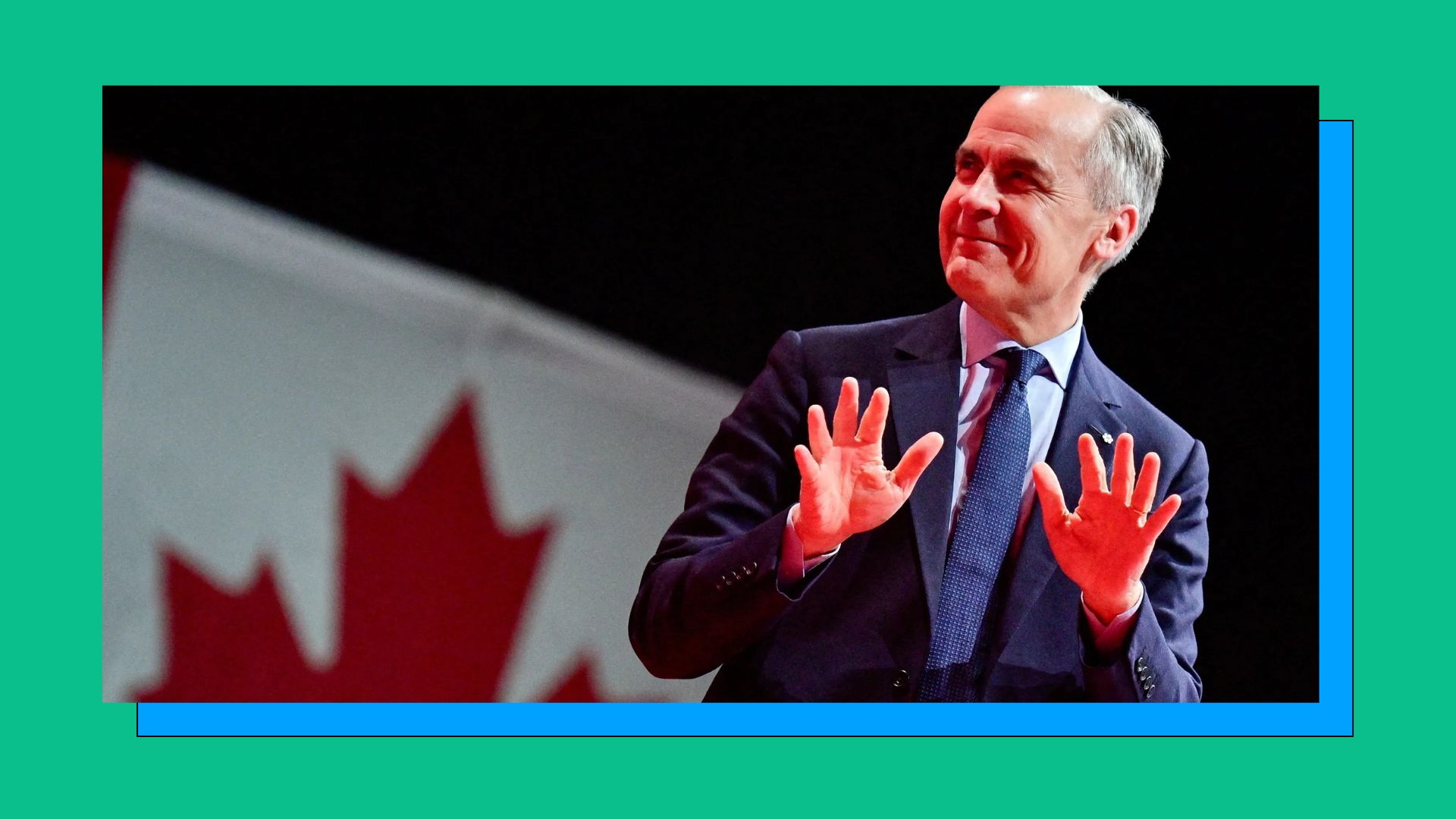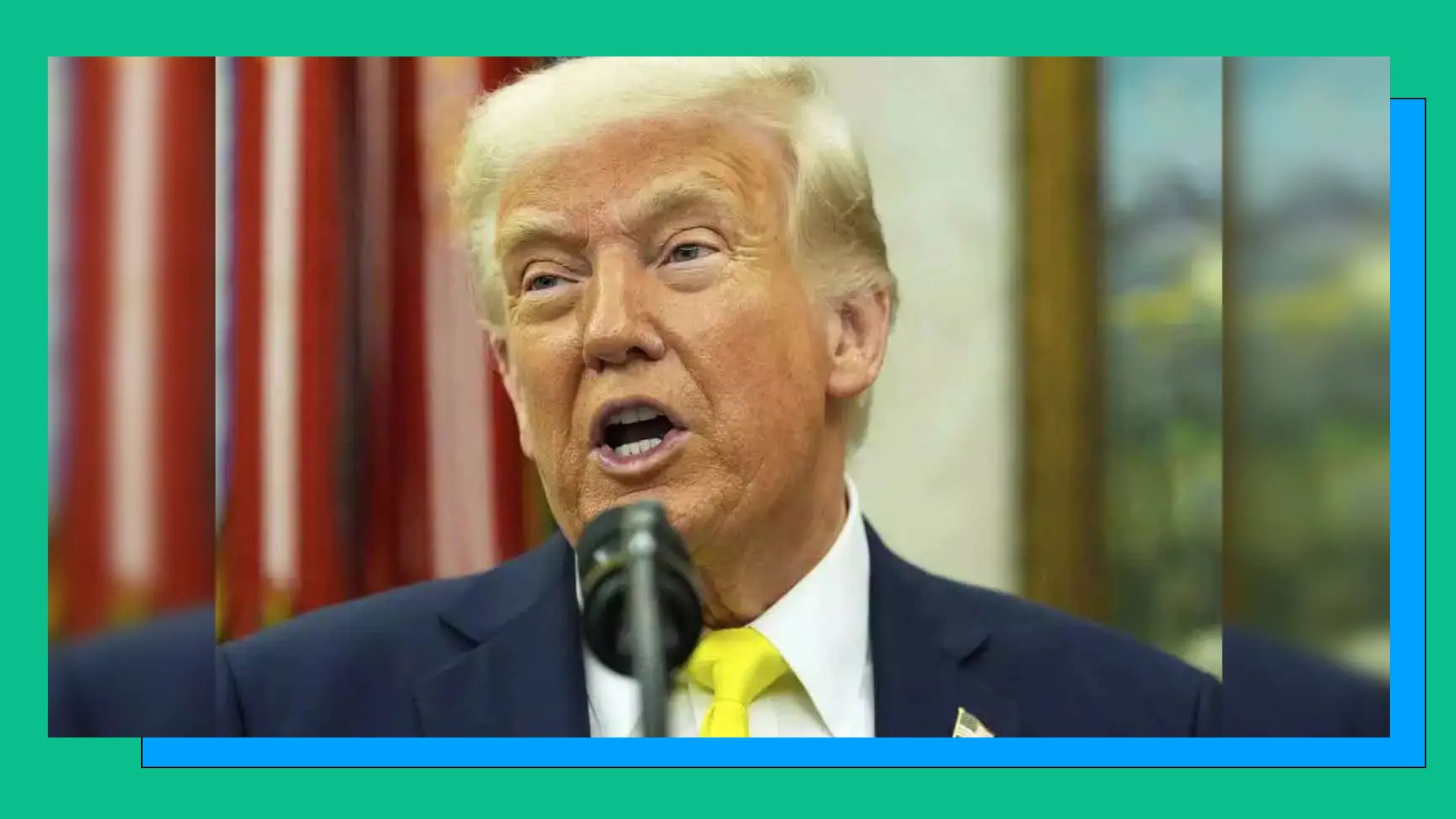In a significant diplomatic move, the United States has successfully brokered a temporary ceasefire between Yemen’s Houthi rebels and Israel, easing weeks of escalating tensions in the region. The agreement, announced on May 7, 2025, comes after months of backchannel negotiations and international pressure to prevent further conflict.
Key Points of the Ceasefire Deal
- Short-Term Truce: The ceasefire is set for an initial 30-day period, with possible extensions if both parties comply.
- Humanitarian Aid: The deal includes provisions for increased humanitarian assistance to Yemen, where years of war have devastated civilian populations.
- No Formal Recognition: The agreement does not imply official diplomatic relations between Israel and the Houthis but aims to reduce immediate hostilities.
Why This Deal Matters
The Houthis, backed by Iran, have repeatedly launched attacks against Israeli interests, while Israel has conducted strikes on Houthi positions in response. This ceasefire marks a rare pause in hostilities, offering hope for broader regional stability. However, experts warn that without long-term solutions, violence could quickly resume.
Global Reactions
- U.S. Officials: Hailed the deal as a “step toward de-escalation” but acknowledged challenges in maintaining peace.
- Houthi Leadership: Expressed cautious optimism but reiterated demands for Palestinian rights.
- Israeli Government: Stressed that any lasting peace depends on the Houthis halting attacks permanently.
What’s Next?
While the ceasefire is a positive development, its sustainability remains uncertain. The U.S. and allied nations are pushing for extended negotiations, but deep-seated geopolitical rivalries could undermine progress.












